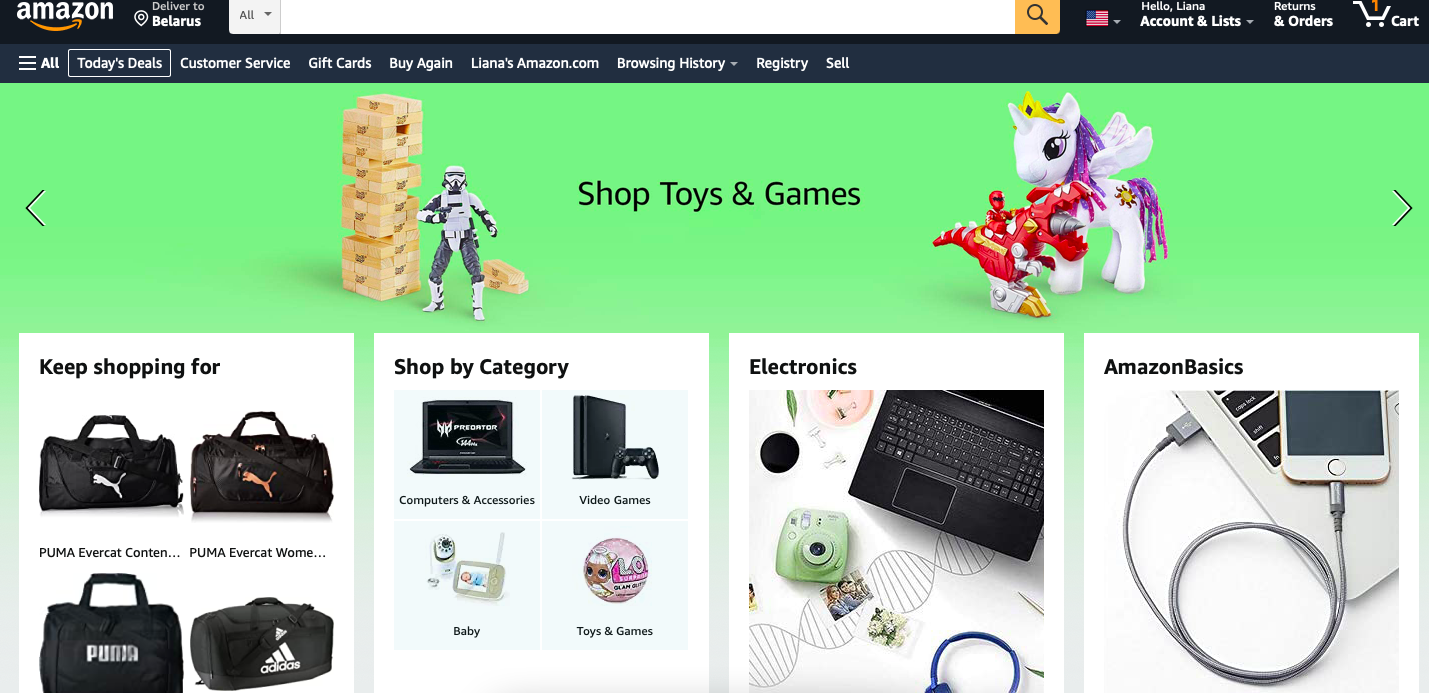Amazon aggregators have become more and more popular in the last couple of years, mainly because they are a profitable strategy for FBA sellers looking to get out of their business.
All of these companies are looking for successful brands and e-commerce products on Amazon to invest their capital in, and they are raising significant amounts of funds to invest.
Amazon is the world’s largest online marketplace, thanks to which you can sell products in more than 30 countries around the world. As of October, it has 6.4 million sellers. This year alone, 488,000 new entrepreneurs have joined the platform.

Amazon receives most of its profits from the FBA (Fulfillment by Amazon) system. Sellers need to produce a product, deliver it to an Amazon warehouse, and attract buyers. But the platform takes care of the packaging, shipping of goods and customer service.
The relatively fast and simple development of brands, the marketplace itself, and the high demand for buying goods online have provoked the emergence of new related methods of earning.
Let’s take a detailed look at what Amazon aggregators can do for your business.
Amazon aggregators: What is that?
The Amazon aggregators goal is to scale the Amazon brands they acquire to generate returns for their investors. Thus, they are looking for innovative partnerships with entrepreneurs to develop e-commerce brands.
On Amazon, aggregators can find sellers they believe have great sales potential to operate and consolidate their portfolio of e-commerce businesses.
As an Amazon seller with a healthy business, you might consider taking the next step and selling your FBA business to an Amazon aggregator. This is a safe way to get funds for your future projects.
Now there are at least 70 aggregators on the world market, their number is growing, and with it the competition. Looking for brands to buy among aggregators is more like hunting, where each transaction costs a lot of money for all parties.
How Amazon aggregators work?
Amazon aggregators work like a kind of investment company. They raise capital from investors and invest it in buying small but promising Amazon brands.
Most often, their founders are experts in the field of e-commerce, Amazon veterans, specialists in marketing, sales and logistics. Their knowledge, experience, data analysis, and often also AI technologies help to choose the best options for buying. With millions of investments coming from the biggest players in the world, there is no margin for error.
After the purchase, the company begins to scale the brand. The goal is to bring it out of the marketplace to the global market and increase profits. Aggregators know how to run an online business, and are also able to cover the necessary costs, so they can even cope with difficulties more easily than single sellers.
Aggregators are also a great opportunity for companies with less than $1 million in annual revenue.
Most investments are small and can help these brands compete with sales giants by providing the marketing and operational expertise needed to build supply chains, diversify product portfolios, and ultimately become attractive to larger companies.
Brands should expect most, if not all, of their cash at the time of shutdown, though some deals do include a stability payment, a revenue element, or a profit share that could be paid out when a brand hits a certain milestone over the years.
What kinds of Amazon business models are aggregators looking for?
Amazon aggregators are mainly interested in the three most common types of FBA Business Models: private label, wholesale, and proprietary products.
However, aggregators tend to choose private labels over wholesale brands because they are constantly looking for companies with a solid sales history.
Brand awareness also plays an important role.
Proprietary products are also an attractive option for them if they have high profit margins and good reviews. Buyers won’t be able to get these products anywhere else, and aggregators know this.
What are Amazon aggregators interested in?
As practice shows, aggregators usually turn to Amazon companies that reach the valuation range from $800,000 to $1 million.
Which aggregator to choose is up to the business.
There are many and they are all different, but most of them will require the following general criteria from your business:
Registered brands
Aggregators are really interested in brands selling and/or manufacturing their own products.
FBA Businesses
Most often, aggregators focus on buying an Amazon Fulfillment venture. Why? Simple; they don’t want to deal with logistics. In addition, Prime Label is a great bonus.
66% of Amazon’s top 10,000 sellers use FBA.
Profits
Most aggregators interested in acquiring your business will need at least $200k to $500k in annual net income and at least 15% to 10% net income. This is the lowest level they will go.
Less SKUs
They prefer companies with fewer SKUs but higher revenues.
Selling through Amazon
This factor will largely depend on the buyer. Some of them request a minimum of 80% of sales through Amazon, while others accept a minimum of 30%.
Regular customers
A loyal customer base is seen by aggregators as a big advantage.
Market niche
Because all acquirers are individuals, you should find someone who specializes in your industry to really benefit from their experience.
Solid business
Aggregators focus on the long term. They do not need a business that will become a fashion.
Yours, Amaz.Markets
0

